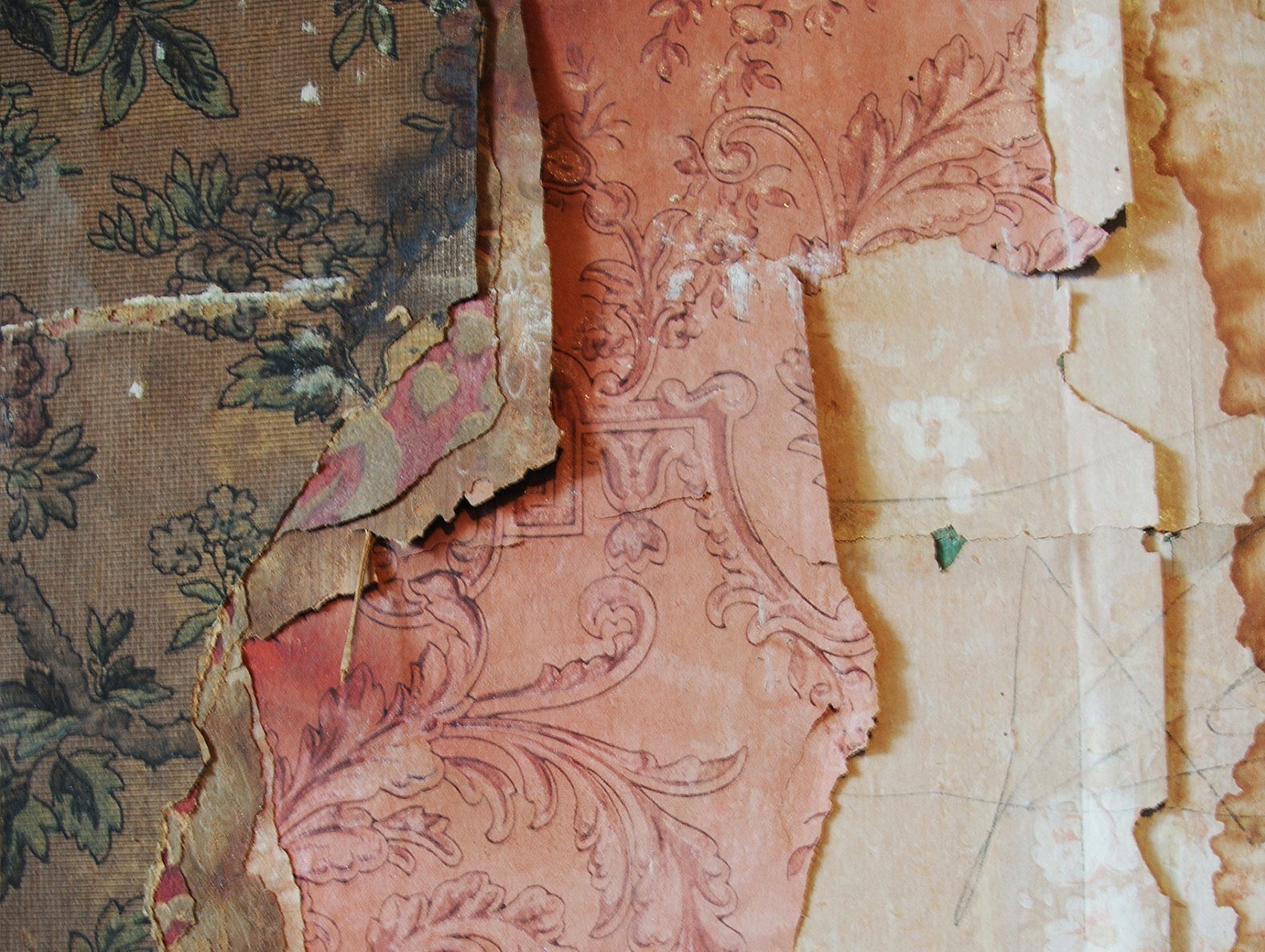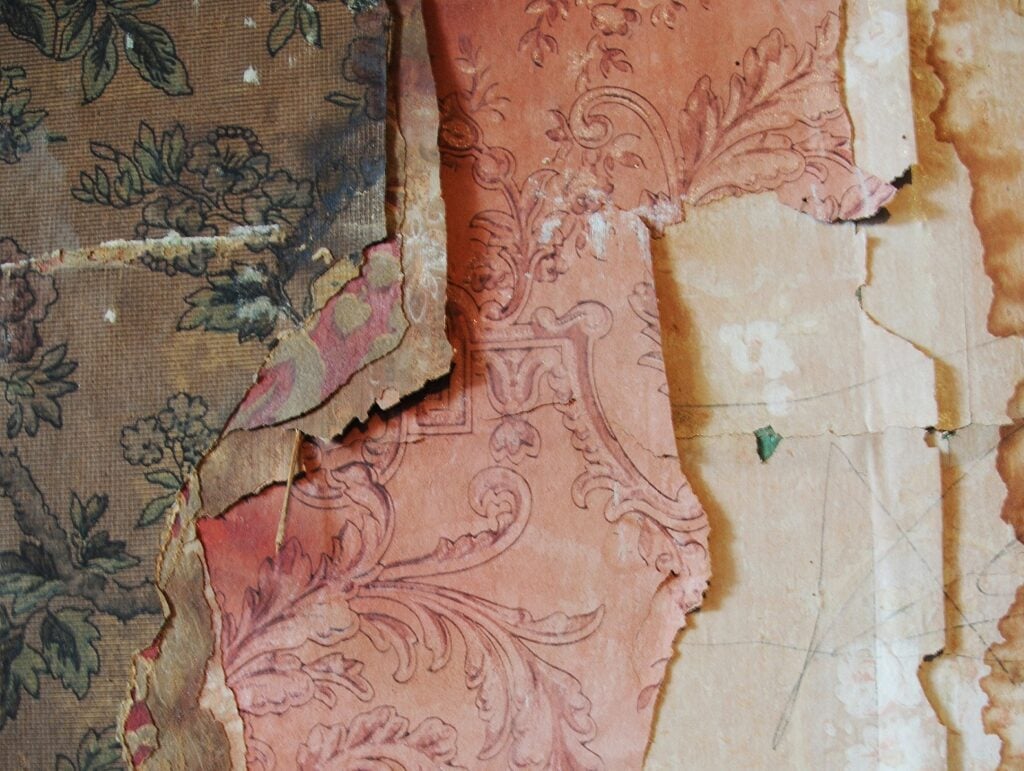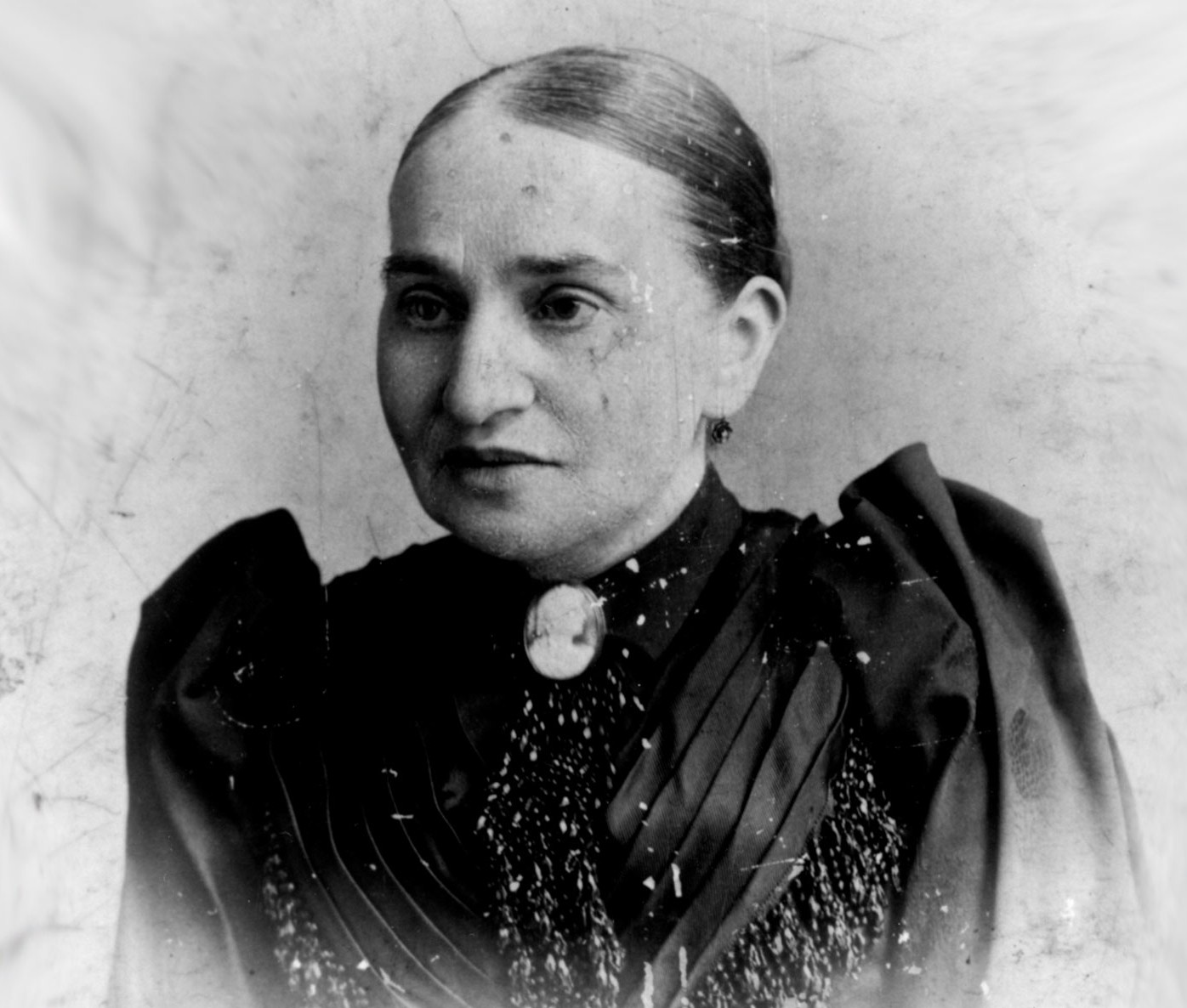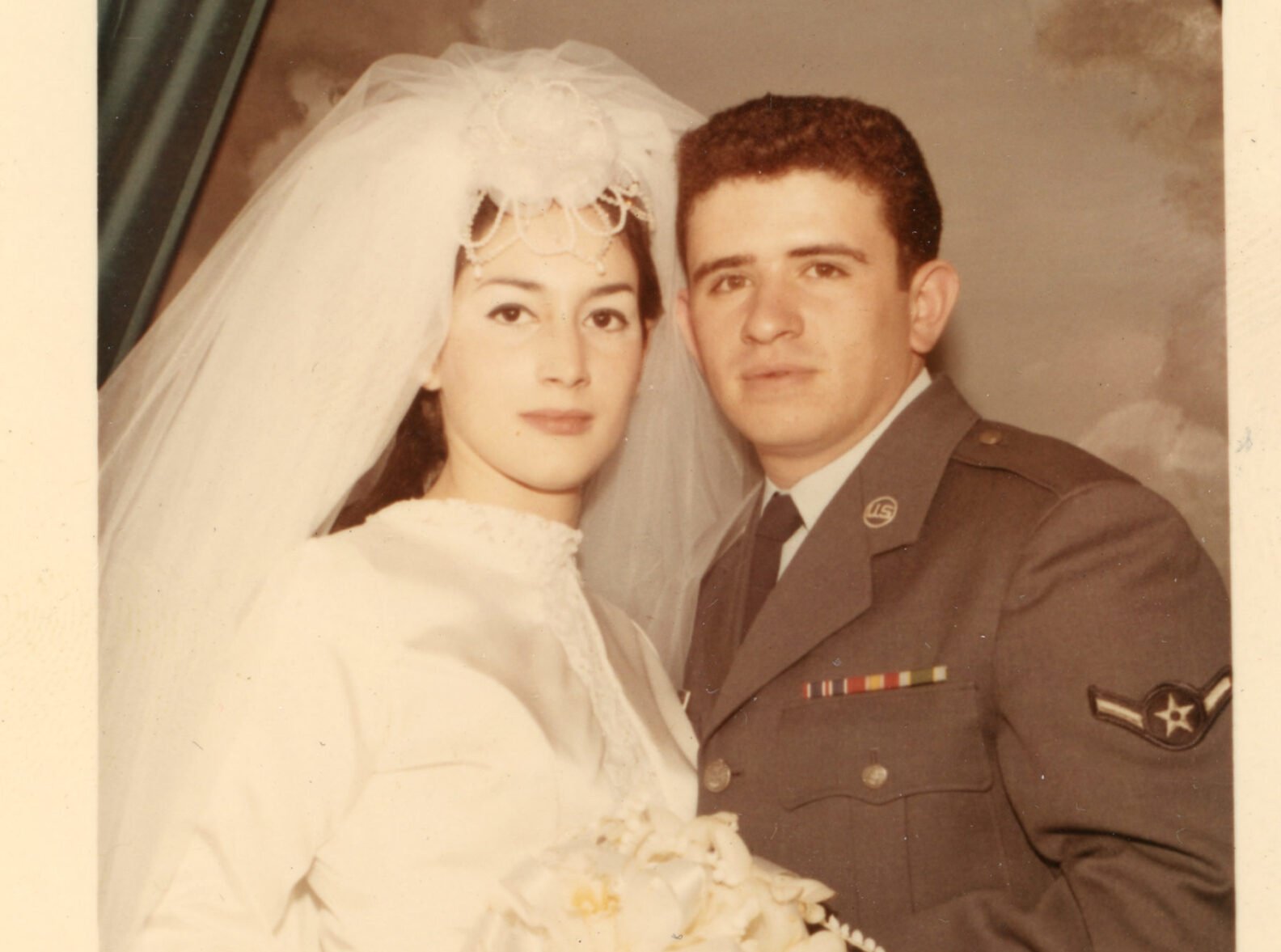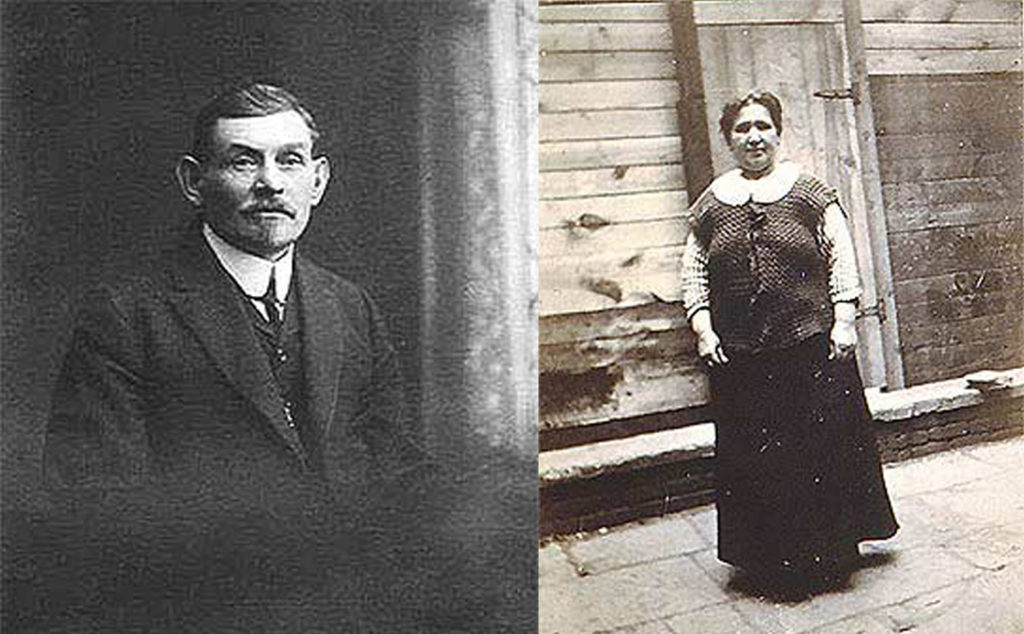At all these times, everyone had to wait and wait, not knowing the outcome—and, while waiting, had to make decisions, make a living, try to explain to the children what was happening. They had to discover what they could endure.
Many of us now know how it feels to wait and to have to go onwards, even when our lives feel impossibly, once-in-a-century stuck. As a number of children have said to me, “We’re going to be in the history books!” Yes. What stories will those books tell of us, the ordinary people who found our lives utterly changed? What stories will we tell of ourselves?
During the 2008 recession, many museum visitors were visibly reassured by our tales of ordinary people who had struggled in the past, as we were struggling in the present. They relaxed a little when they heard how the families in our stories managed and that economic depressions eventually end. For the past year, the pandemic has prevented us from guiding groups of visitors through the crowded tenement apartments of the Museum and telling the stories that might give comfort, although the stories are being told (like so many things this year) virtually, online.
When we can return to giving our live tours and be literally, viscerally, surrounded by the walls of those small rooms, I believe those stories will again feel different to us and sound different to our visitors. In the past, some people wanted to know right away what happened to the families whose stories I was telling. They didn’t want to wait through the parts of the story that speak of uncertainty. They were impatient to know how it all turned out. After this last year, I know how it important it will be to let visitors know they have to wait, as the past inhabitants of our museum buildings waited. The people in our stories didn’t know what was going to happen. They had to make it happen. They had to wait, not knowing. They were, at times, disrupted, uncertain, afraid—and we now all know what that feels like. We’ve learned what it means to live “in history.”
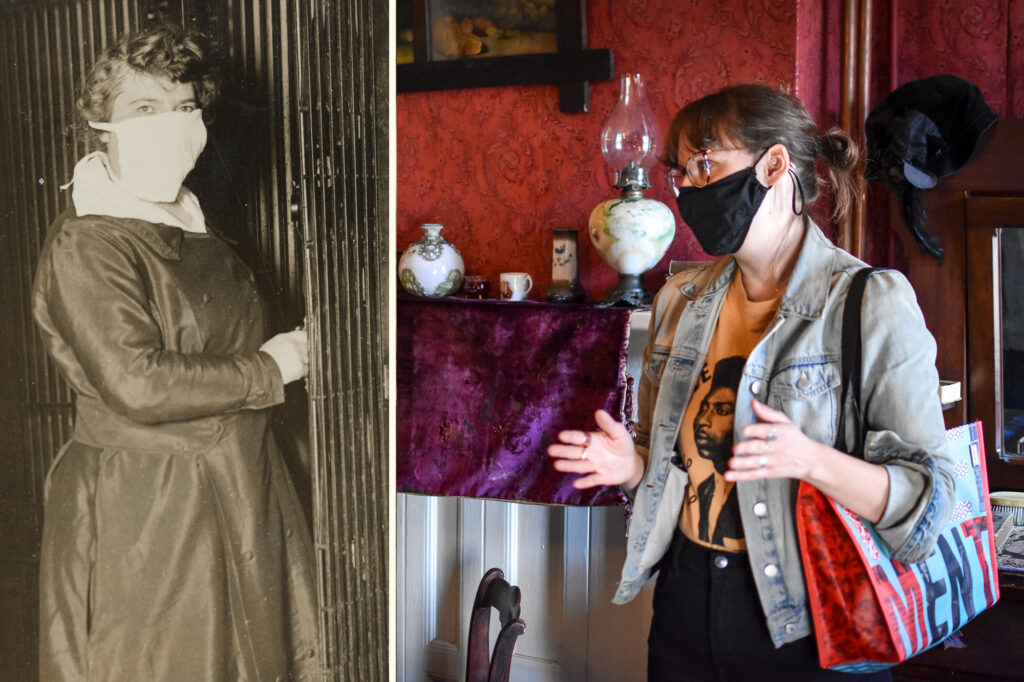 We know much more than we did six months or a year ago. We know more about the virus. We know more about how this might end. But we also know more about how we respond to uncertainty and trouble: not in all the same way, little by little, sometimes brave and sometimes not. What we said we couldn’t endure for a month, we have endured for a year. Our resources—financial, emotional, and spiritual—have contributed to making our individual and family stories different. Still, we work patiently or wait patiently—or impatiently—crossing the days off the calendar.
We know much more than we did six months or a year ago. We know more about the virus. We know more about how this might end. But we also know more about how we respond to uncertainty and trouble: not in all the same way, little by little, sometimes brave and sometimes not. What we said we couldn’t endure for a month, we have endured for a year. Our resources—financial, emotional, and spiritual—have contributed to making our individual and family stories different. Still, we work patiently or wait patiently—or impatiently—crossing the days off the calendar.
During 2008, history sometimes comforted us or gave us a sense of perspective about the present: people have survived this before, so we will too. This last year is subtly different: the past might give us perspective on the present, but, even more than that, the present teaches us something about how to interpret the past, how to think about history, because we all know what it means to not know how the story ends.
